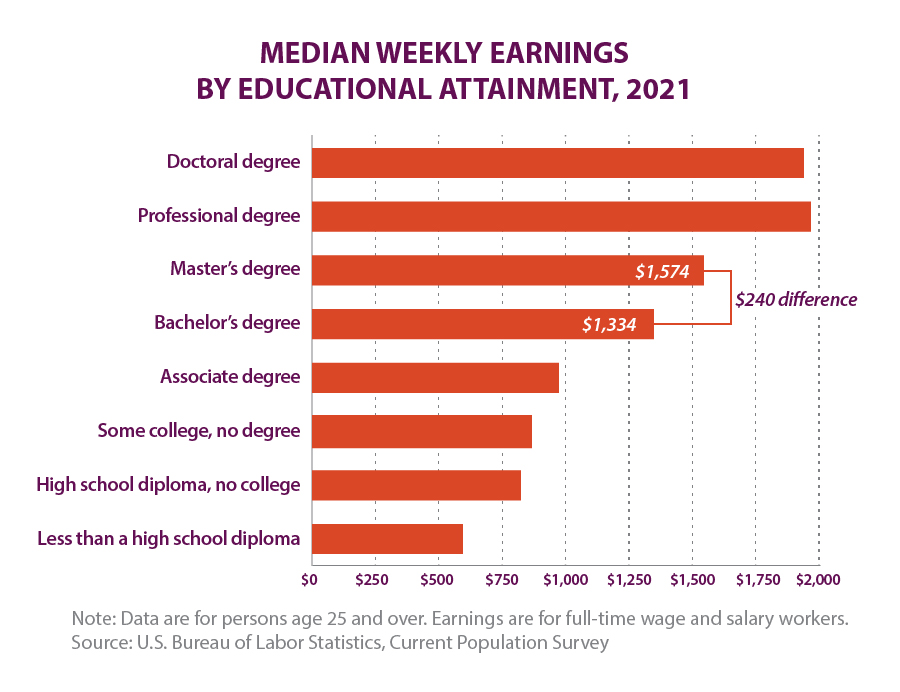Once you decide to pursue a graduate degree, it’s time to choose your school and program. There’s a lot to consider while making this decision, including:
- Faculty/Curriculum: Visit the campus. Speak with faculty, students and advisors. Learn if the program will give you the skills and experience you are seeking.
- Reputation: How successful are the alumni? Will you graduate with an impressive professional network?
- Location: Will you attend full time in a location where you’d like to work after graduation? Part time near your current location? Online?
- Rankings: How strong does your school or program rate in areas such as job placement, student-faculty ratio, test scores and starting salaries?
Start your research early so you have plenty of time to choose your target school(s), put together your application package and make all deadlines.
It also may be a good idea to take your admissions test early in the process. Even better if you are still in undergraduate, as you are already in testing mode and a lot of the content is fresh in your mind. Either way, giving yourself time to prepare and retest, if necessary, to achieve your target scores will help ease some anxiety.
Yes, it is common to be anxious about the test. But remember, it’s just one part of your comprehensive application package! You might find it helpful to learn about the features of the GRE General Test that help you show schools your best.
Did you know GRE scores can be used to apply to graduate, business and law schools? A great way to keep your options open!

